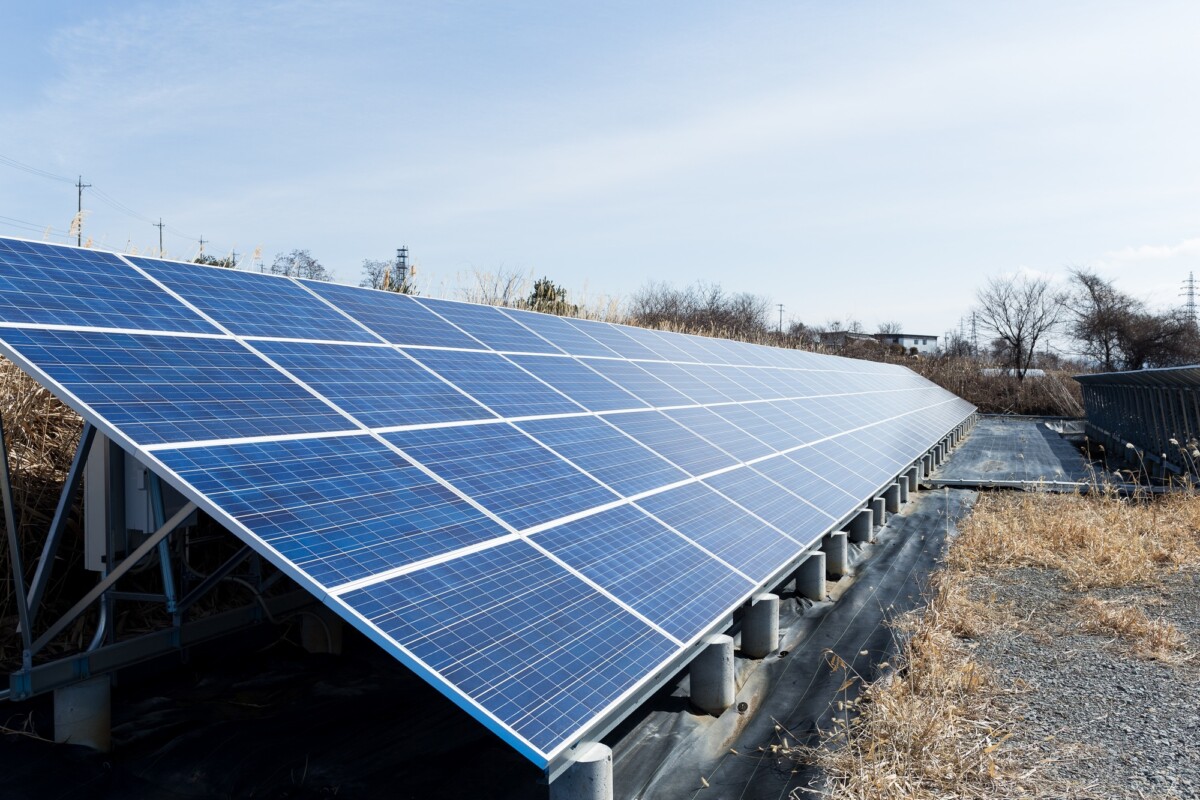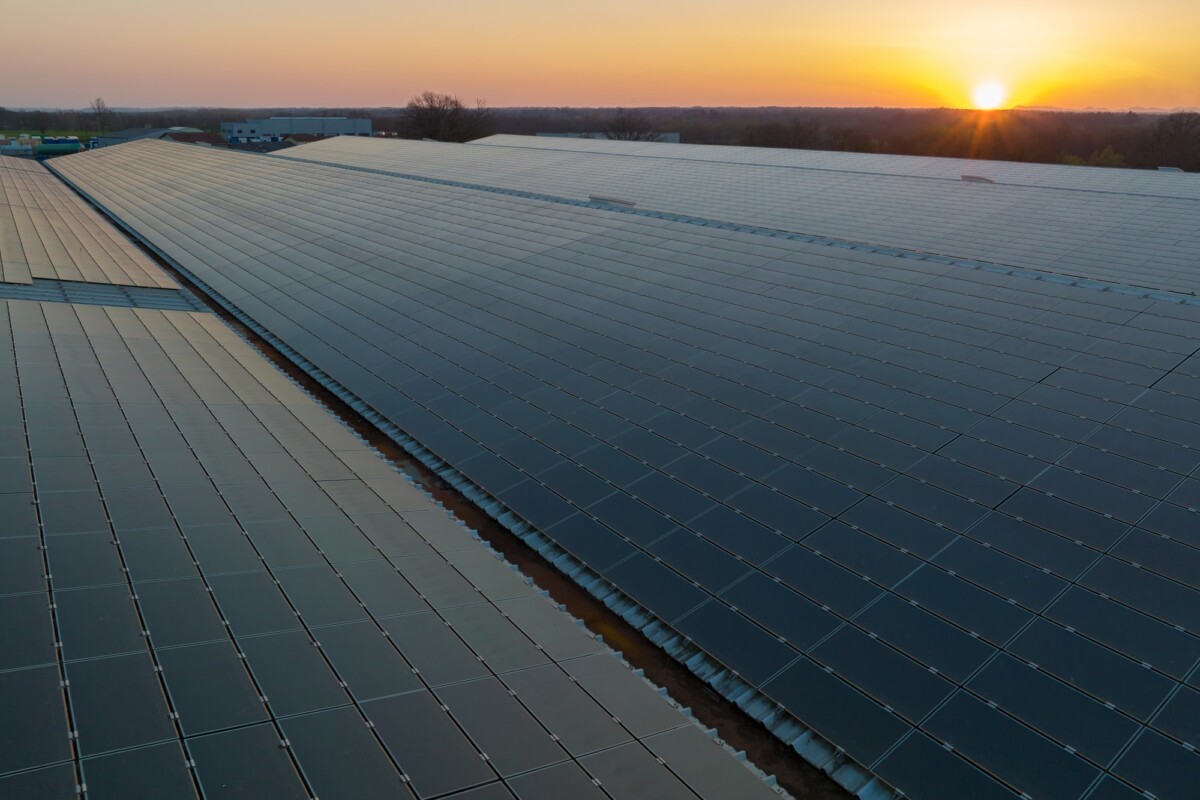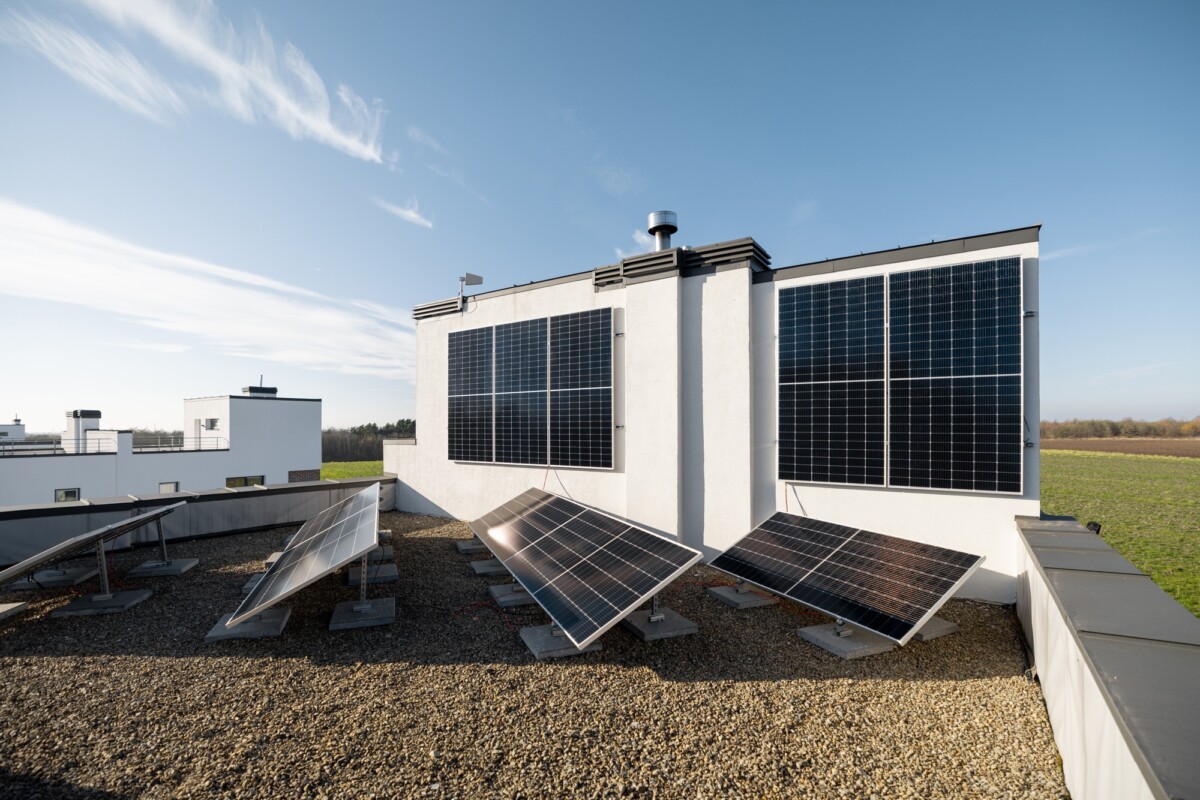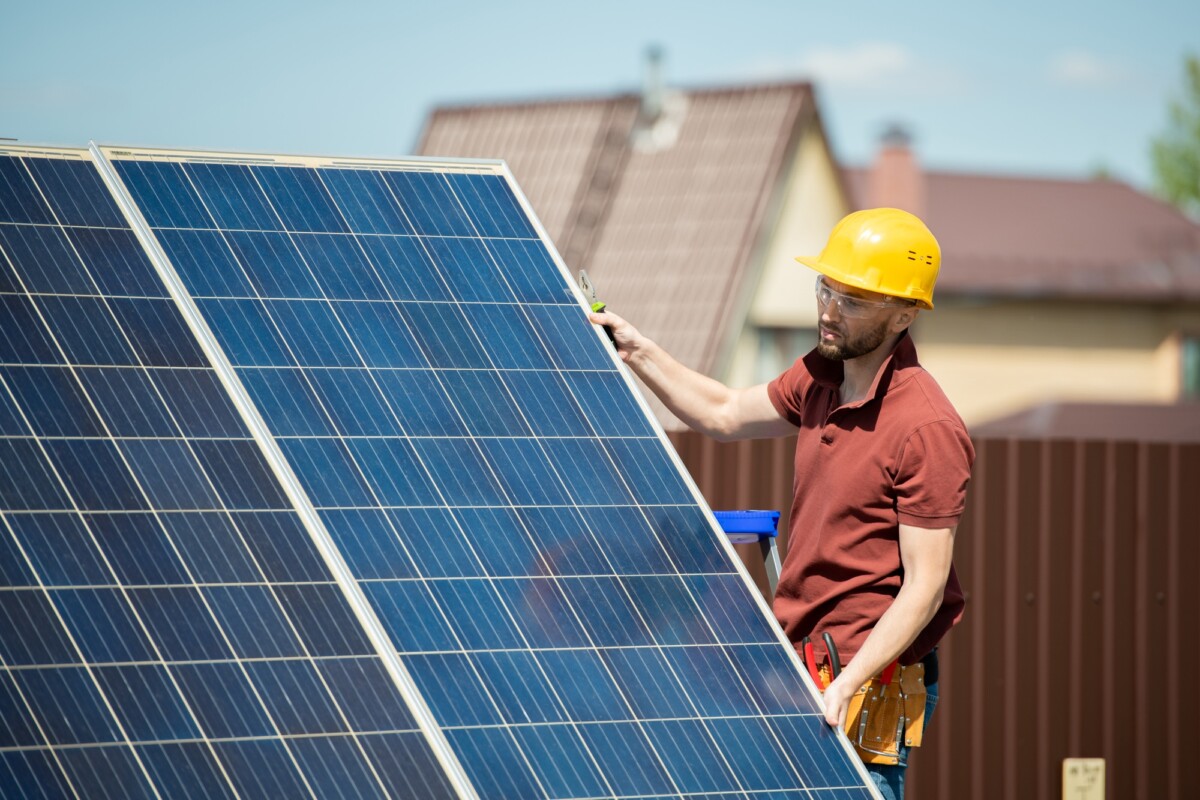The use of solar energy is rapidly increasing as people look for more sustainable and environmentally friendly sources of power. Incentives for solar panels are government-backed schemes that lower the barrier to entry for homes interested in switching to solar energy. These incentives come in different forms, including tax credits, rebates, grants, and loans, and they play an important role in encouraging the adoption of renewable energy. In this article, we’ll discuss solar panels incentives in detail.
Types of Solar Panel Incentives
There are many rebates and tax credits available for installing solar panels.
Federal Incentives
The federal government offers a range of incentives for solar panel installations, including tax credits, grants, and loans. The Investment Tax Credit (ITC) is the most well-known government incentive, offering a 26% tax credit on solar energy systems. This credit can offset federal income tax liabilities and is available to residential and commercial property owners.
State Incentives
In addition to federal incentives, many states offer their own programs to encourage the adoption of solar energy. These incentives can include tax credits, rebates, grants, and net metering programs that allow homeowners to earn credits on their utility bills for excess energy generated by their solar panels. Some states also offer low-interest loans for solar panel installations, making it easier for homeowners to finance their solar energy systems.
Local Incentives
Local governments also promote the adoption of solar energy by offering their own incentives, such as property tax exemptions for solar panel installations and zoning laws that allow for installing solar panels on rooftops and other properties. Some cities also offer rebates and grants for solar panel installations, making it easier for residents to adopt renewable energy.
Cost-Saving Benefits
In addition to the financial incentives available, solar panel installations can also offer significant cost-saving benefits over the long term. Homeowners who generate their own electricity from solar panels can cut their utility bills by as much as half a year’s worth of payments and save thousands of dollars over the panels’ lifetime. Additionally, businesses can take advantage of the cost savings associated with solar panel installations, improving their bottom line and helping them remain competitive in the marketplace.
Environmental Benefits
One of the most important benefits of solar panel installations is the positive impact on the environment. Solar energy systems produce clean, renewable energy that reduces fossil fuel use and climate change. Additionally, solar panel installations can help reduce the demand for electricity from traditional power plants, reducing air pollution and other environmental impacts.

How to Qualify for Solar Panel Incentives
To qualify for solar panel incentives, there are certain criteria that you must meet. Some of these criteria include the following:
Eligibility criteria for Federal Tax Credits
The federal tax credit is only available to homeowners who have also installed solar panels on their property. You must also have the necessary documentation to prove that you have installed the panels, such as receipts and invoices.
Eligibility criteria for State Incentives
To what extent you meet the requirements to get state incentives is conditional on the state in which you reside. In some states, you must be a homeowner and have installed solar panels on your home. In others, you may have to meet income requirements or have a certain property type. It is important to research your state’s eligibility criteria to determine what you need to do to qualify.
Eligibility criteria for Utility Company Incentives
The eligibility criteria for utility company incentives will also vary depending on the company. Some companies may require you to be a customer, while others may require you to have a certain type of property.
Eligibility criteria for Local Incentives
The eligibility criteria for local incentives will vary depending on the local government. Some local governments may require you to be a homeowner, while others may have income requirements or other criteria. It is important to research the eligibility criteria for your local area to determine what you need to do to qualify.
Advantages of Solar Panel Incentives
- Financial Benefits: Installing solar panels can be expensive, but homeowners can save a lot of money with the right incentives. There may be long-term cost savings from this action on energy costs.
- Environmental Benefits: Using solar energy generated by solar panels results in fewer carbon emissions being released into the atmosphere, thereby mitigating the effects of climate change.
- Increased Home Value: Installing solar panels on your home can increase its value, making it a worthwhile investment in the long term.
- Increased Energy Independence: Solar panels allow homeowners to generate their own electricity, reducing their dependence on the traditional energy grid and making them less vulnerable to power outages or price increases.
- Government Support: The fact that the government offers incentives for homeowners to install solar panels is a clear indication of their commitment to promoting the use of renewable energy sources.
- Job Creation: The growth of the solar energy industry creates jobs in the manufacturing and installation of solar panels, contributing to local economic growth.
Bottom Line
Incentives for solar panels play an important role in encouraging the use of renewable energy sources and mitigating the effects of climate change. By reducing the cost of solar panel installation, these incentives make it more affordable for homeowners to switch to solar energy, providing financial and environmental benefits. Additionally, the solar energy industry’s growth creates jobs, contributing to local economic growth.
Overall, solar panel incentives are an important tool for encouraging clean, renewable energy use and supporting government efforts to promote sustainability. Solar energy can help individuals and businesses create a greener future.
Power up your life with clean and sustainable energy – visit freesolarpowerquotes.com now and get a quote to make the switch!
FAQS
Are there any incentives for solar panels?
Yes, there are various incentives for solar panels, including government incentives and tax incentives.
Are there any government incentives for solar panels?
Government incentives for solar panels include:
- Federal Tax Credits: Installations of solar panels on a home are eligible for a 26% federal tax credit in 2022 and 2023, while the incentive for businesses is gradually phased out.
- State Rebates and Incentives: Many states offer rebates and other incentives to encourage the adoption of solar energy, such as grants, loans, and performance-based incentives.
Are there tax incentives for solar panels?
Tax incentives for solar panels include:
- Property Tax Exemptions: Some states offer property tax exemptions for the value added to a property by installing solar panels.
- Sales Tax Exemptions: Many states offer tax exemptions on purchasing solar panels and related equipment.
What are the incentives for installing solar panels?
Incentives for installing solar panels also include the following:
- Increased Home Value: Installing solar panels can increase the value of a home.
- Energy Savings: Solar panels allow homeowners to generate their own electricity, reducing their dependence on the traditional energy grid and leading to energy savings.
- Environmental Benefits: Solar panels are a clean and renewable energy source, reducing carbon emissions and helping mitigate climate change’s effects.











